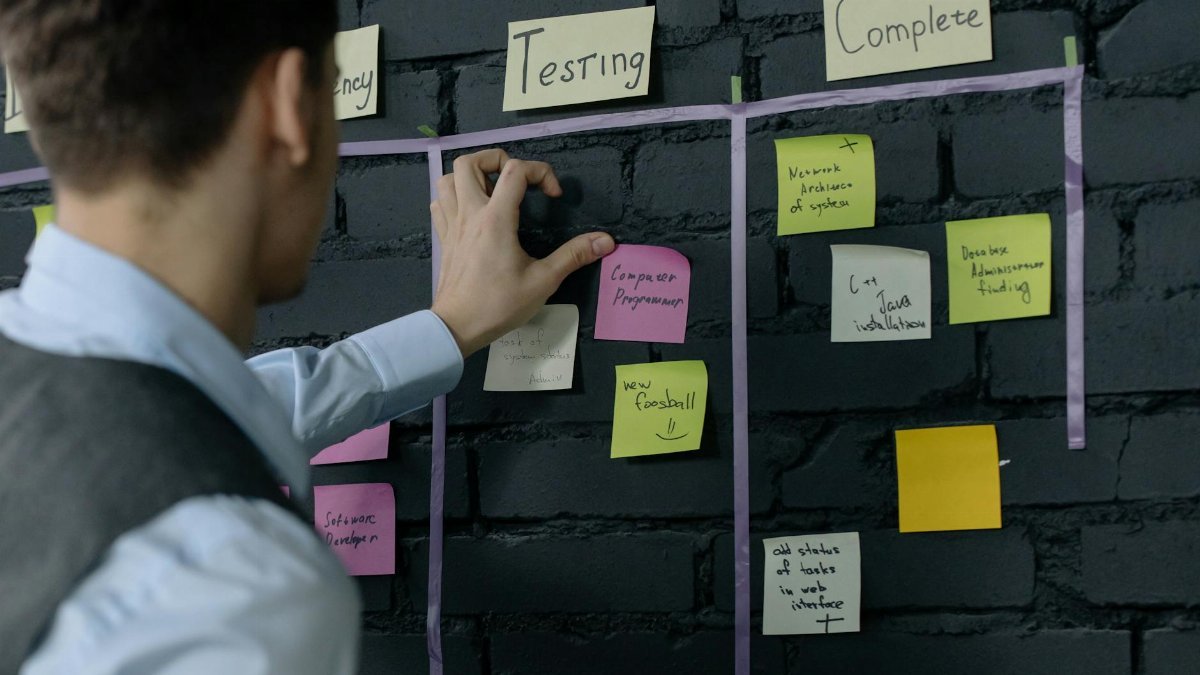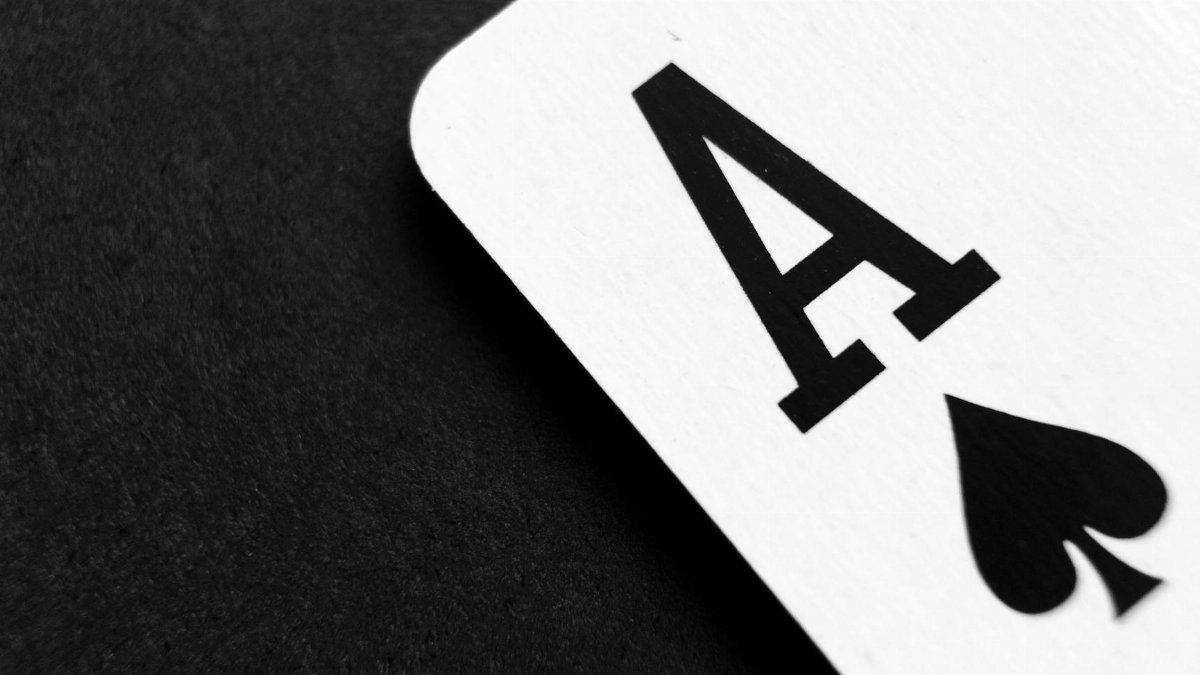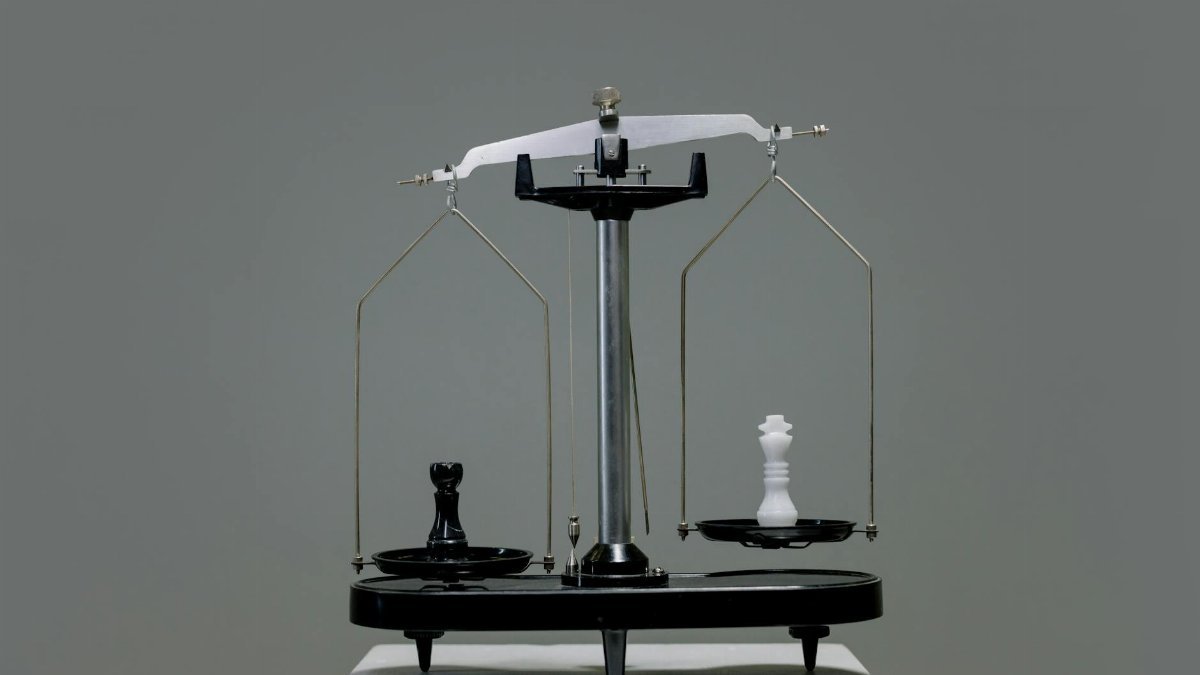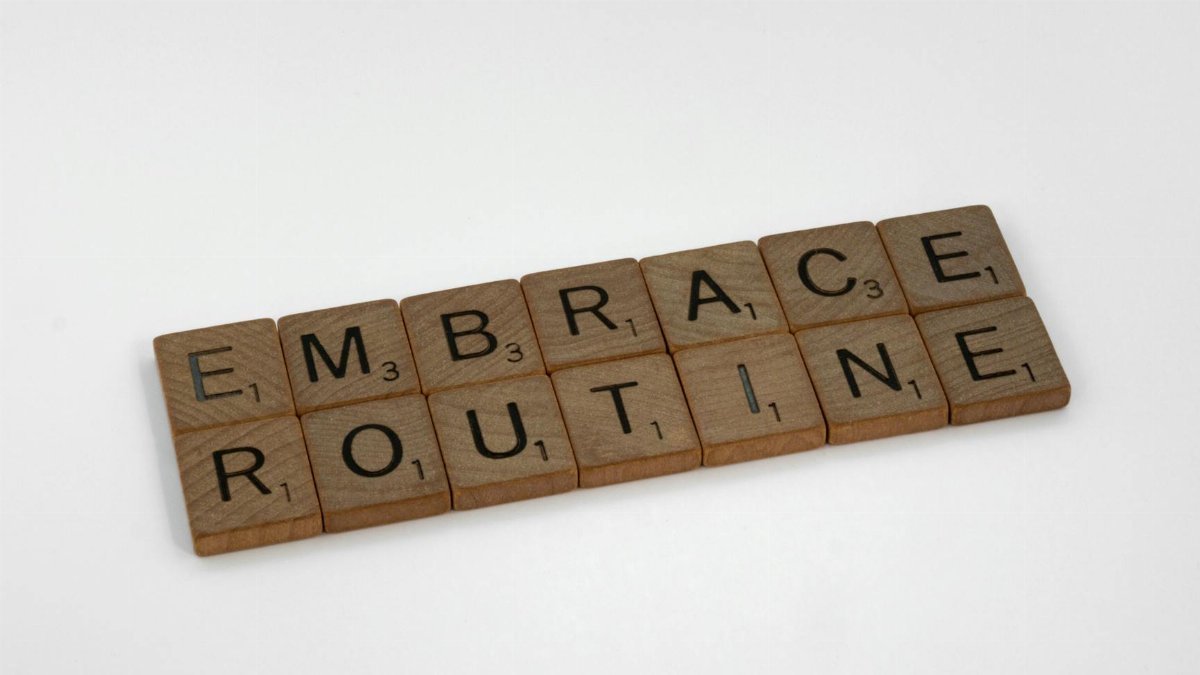Walk down any street in a bustling city like Chicago or Seattle these days, and you might sense an unspoken weariness among the go-getters. There’s a quiet tension in the air, a subtle slump in shoulders, as if the weight of ambition has started to outpace the thrill of achievement. This isn’t just burnout in the typical sense—it’s something more nuanced, something tied to a relentless drive often associated with Capricorn energy. Welcome to the phenomenon of Capricorn success fatigue, where the pursuit of goals, so ingrained in those with a determined, earthy mindset, begins to feel like a treadmill with no off switch. For many, especially middle-aged professionals juggling careers and personal lives, this exhaustion creeps in after years of climbing, leaving them questioning: is the summit worth the strain? Let’s unpack this struggle and explore practical ways to reset.
Defining Capricorn Success Fatigue

What exactly does it mean to experience Capricorn success fatigue? At its core, it’s the exhaustion that comes from a deep-seated need to achieve, often linked to the astrological archetype of Capricorn—a sign known for discipline, structure, and an almost obsessive focus on long-term goals. But this isn’t just about horoscopes. It’s a real psychological pattern, reflecting how some individuals internalize pressure to succeed at all costs. Over time, the grind erodes joy. A 2023 report from the American Psychological Association highlights how chronic stress from overachievement can mimic burnout, yet with a unique twist: the sufferer often feels guilty for even considering a pause. For many, this fatigue is a silent thief, stealing energy while masquerading as dedication.
Recognizing the Warning Signs

One might not even notice the shift at first. It starts small—a restless night here, a skipped hobby there. Soon, though, the signs of Capricorn success fatigue become harder to ignore. Physical exhaustion pairs with mental fog. Irritability creeps into interactions once handled with grace. A study by the CDC’s National Institute for Occupational Safety and Health notes that prolonged stress can manifest as headaches, insomnia, or even digestive issues. Emotionally, there’s a hollowing out; accomplishments that once sparked pride now feel like checkboxes. Imagine a seasoned manager, nearing 50, staring at a promotion letter with indifference. That disconnect is the red flag. Recognizing these signals early can prevent a deeper spiral.
The Cultural Push for Endless Hustle

Why does this fatigue hit so hard for some? Look around. American culture often glorifies the hustle—think of the startup founder pulling 80-hour weeks or the parent juggling two jobs to “provide.” This ethos, while inspiring, can trap individuals in a cycle of overwork, especially those wired for responsibility. Research from Pew Research Center shows that over 60% of U.S. adults feel societal pressure to prioritize career success over well-being. For those embodying Capricorn traits, this external push amplifies internal expectations. The result? A perfect storm where stepping back feels like failure, even when it’s necessary.
Strategy 1: Redefine What Success Means

Start by rethinking the finish line. For years, success might have meant a title, a salary, or a corner office. But Capricorn success fatigue often stems from chasing markers that no longer resonate. Sit down with a notebook. Write out what truly matters now—perhaps time with family or personal growth. This isn’t about lowering standards; it’s about aligning them with current values. A midlife lawyer shared how swapping billable hours for mentoring younger colleagues rekindled her passion. The shift was subtle but powerful. Success doesn’t have to mean more—it can mean better.
Strategy 2: Set Micro-Goals for Momentum

Big ambitions can overwhelm when energy is low. Break them into bite-sized pieces. Instead of aiming to “overhaul your career,” focus on updating a resume this week. Small wins rebuild confidence without the crushing weight of expectation. A Harvard School of Public Health study suggests that achievable micro-goals boost motivation by triggering dopamine release. Think of it as tricking your brain into progress. One person described this as “stacking tiny bricks until I saw a wall.” Over time, those bricks form something solid.
Strategy 3: Schedule Intentional Rest

Rest isn’t laziness—it’s strategy. Block out time for nothingness, whether it’s a 20-minute walk or an hour with a book. Make it non-negotiable, like a meeting. For those caught in Capricorn success fatigue, downtime often feels indulgent, but it’s essential for mental clarity. Studies show that even brief breaks reduce cortisol levels, the stress hormone. Picture this: a quiet park bench, the rustle of leaves, and no phone in sight. That pause can reset a frazzled mind. Start with one rest slot per week and build from there.
Strategy 4: Delegate Without Guilt

Handing off tasks can feel like admitting defeat, especially for those who pride themselves on control. Yet delegation is liberation. At work, pass a project component to a trusted colleague. At home, let someone else handle dinner. The guilt fades when you see the load lighten. Research backs this—shared responsibilities reduce stress markers significantly. One online account captured it well: someone described finally asking for help with a major task and feeling “like I could breathe for the first time in months.” Trust others to step up.
Strategy 5: Reconnect With Play

Remember hobbies? The things done purely for joy, not output? Rediscover them. Paint, garden, or strum a dusty guitar. Play counters the rigidity of constant striving, a hallmark of Capricorn success fatigue. It’s not frivolous; it’s restorative. Neuroscience shows that engaging in creative activities lowers anxiety and boosts problem-solving skills. Think back to a childhood pastime. What made you lose track of time? Carve out an hour this weekend to revisit that feeling. Joy is a muscle worth flexing.
Strategy 6: Limit Comparison Traps

Social media doesn’t help. Scrolling through curated lives—colleagues with promotions, peers on exotic trips—fuels self-doubt. It’s a trap that deepens fatigue. Unfollow accounts that spark envy. Focus on your lane. Studies indicate that reducing social media exposure cuts feelings of inadequacy by nearly 30%. A friend once admitted, over coffee, that deleting an app for a month felt like shedding a weight. Comparison steals energy. Redirect that focus inward, measuring growth against past versions of yourself, not others.
Strategy 7: Seek Supportive Circles

Isolation worsens the grind. Surround yourself with people who get it—friends, mentors, or even a therapist. Share the struggle; don’t bottle it. Support networks buffer stress, offering perspective when ambition clouds judgment. Group discussions, whether in person or virtual, often reveal shared battles with overachievement. Hearing “I’ve been there” can normalize the exhaustion. Make time for a real conversation this month. Vulnerability isn’t weakness; it’s a bridge to recovery.
Strategy 8: Embrace Imperfection

Perfectionism often fuels Capricorn success fatigue. Every email doesn’t need to be flawless. Every project doesn’t need to be a masterpiece. Aim for “good enough” on low-stakes tasks. This isn’t settling—it’s prioritizing energy. Behavioral research shows that perfectionists experience higher burnout rates. Letting go of unrealistic standards can feel messy at first, but it’s freeing. One executive recalled laughing at a typo in a memo instead of agonizing over it. That shift saved hours of stress.
Strategy 9: Reassess Time Commitments

Take stock of where hours go. Are there meetings, obligations, or habits draining more than they give? Audit a week. Cut or limit what doesn’t serve long-term well-being. Time is finite, and guarding it is self-care. Data suggests overcommitment correlates with diminished mental health. Imagine declining a non-essential task and using that hour for a walk instead. That reclaiming of time builds resilience. Say no without apology—it’s a skill worth mastering.
Strategy 10: Focus on Physical Reset

The body bears the brunt of mental fatigue. Move it, nourish it. A brisk 15-minute walk daily can shift mood. Hydrate. Swap one processed snack for fruit. Small physical resets combat the lethargy of overwork. Exercise, even moderate, boosts endorphins, countering stress. Picture the warmth of morning sun during a quick stretch outside. That grounding reconnects mind and body. Start simple—consistency trumps intensity when rebuilding energy.
Strategy 11: Reflect on Past Wins

When fatigue clouds vision, look back. List five achievements—big or small—from the last decade. Savor them. This isn’t ego; it’s a reminder of capability. Fatigue often distorts self-worth, making past efforts feel insignificant. Writing down wins counters that narrative. A teacher once shared how revisiting old student thank-you notes reignited her drive. Memory can be a motivator. Use it to balance the weight of current struggles.
Strategy 12: Build a Long-Term Buffer

Finally, plan for sustainability. Create systems—financial, emotional, professional—that prevent future burnout. Save a small emergency fund for breathing room. Set boundaries on work hours. Check in with yourself quarterly. Prevention outlasts reaction. Think of it as constructing a safety net before the fall. Long-term health, both mental and physical, depends on proactive steps. In 2025, make this the year to prioritize balance over blind ambition. Recovery is a journey, not a race.
